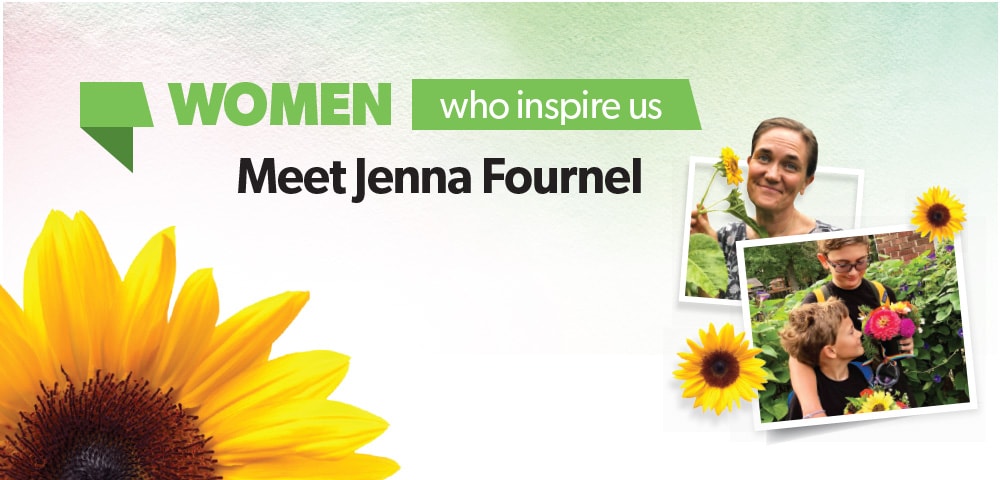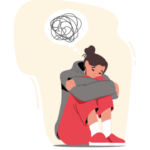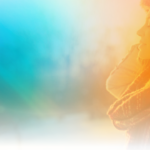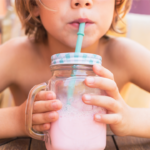
“Reciprocity among parts of the living Earth produces equilibrium, in which life as we know it can flourish. When the gift is in motion, it can last forever.”
– Robin Wall Kimmerer, “Returning the Gift,” Center for Humans and Nature
We moved into our home in late February 2008 when I was seven months pregnant, and my husband broke ground in a small garden shortly after our son Leal was born. Leal has never known a summer without a garden, and he and his younger brother Oliver were digging in the dirt and helping things grow as soon as they could walk. The garden became as much a play space as the swing set. My sons would pick herbs to mix into imagined concoctions and squeal loudly enough for all the neighbours to hear when the first tomato appeared.
A rare bean would make it to the dinner table because they usually snacked on them right off the vine. Bent over a bed weeding, I could often smell Oli before I knew he was behind me; he was constantly chewing on mint and dropping the leaf-shorn branches in his wake. I am grateful that our garden is filled with the offspring of his leftovers. He hasn’t walked among these beds in more than two and a half years.
Oli died unexpectedly of adrenal insufficiency in November 2019. He was eight years old, and we didn’t know he had this condition, which is very rare in children. His death upended the natural order of our lives. We asked ourselves repeatedly, what would Oli want us to do? How can we carry his loving spirit forward? A few years earlier, the boys sold our cut flowers to raise money for Last Chance Animal Rescue. Remembering this, we wondered if we could give our garden’s bounty to charity. We knew we’d have to increase its size considerably to grow enough to donate.
Then COVID-19 hit. All the human physical connections that sustained us through our early grief disappeared, and the garden became a refuge. Leal and I dug bed after bed, hauling rocks and soil and planting seeds, finding an antidote to crippling sadness and a distraction from our loneliness in this meaningful work. Leal came up with the idea to call our garden L&O Farms, and eventually, we were growing enough to share. COVID-19 restrictions prevented us from taking our food to a shelter, so instead, we put our harvest out on the curb and offered it to passersby for free.
“The garden has helped regrow my trust in nature. I watered those plants with my tears, and they provided me with hope.”
At first, we didn’t talk to the visitors, this was still the beginning of COVID-19, and we were all afraid of catching it. But eventually, we met the people who came to our stand, and as we swapped recipes and extolled the virtues of garden-fresh produce, we also learned about each other’s lives.
When people asked what prompted the stand, we told them about the “O” in L&O Farms, and by sharing our loss, we invited others to do the same. I learned of miscarriages, loss of parents and siblings, challenges with mental health, and heartaches of every shape and size. No loss can be filled with a vegetable garden, but the connection to the earth and each other offered a way of living through the pain.
In July 2022, we will have put the farmstand out nearly every Saturday for two years (in the winter, we put out baked goods). Since we started, we have seen a dozen new gardens spring up in our neighbourhood, and many got their start with seedlings from our L&O Farms. And now our garden blooms with seedlings neighbours have shared with us.
I learned that you could keep the spirit of those you love alive by planting the seeds of that love in your care for others. I always put bunches of mint in my flower bouquets. And neighbours have learned that if they keep the sprigs in water, they’ll root. Now Oli’s mint is springing up in other people’s gardens, and thanks to him, we are still learning and growing.














